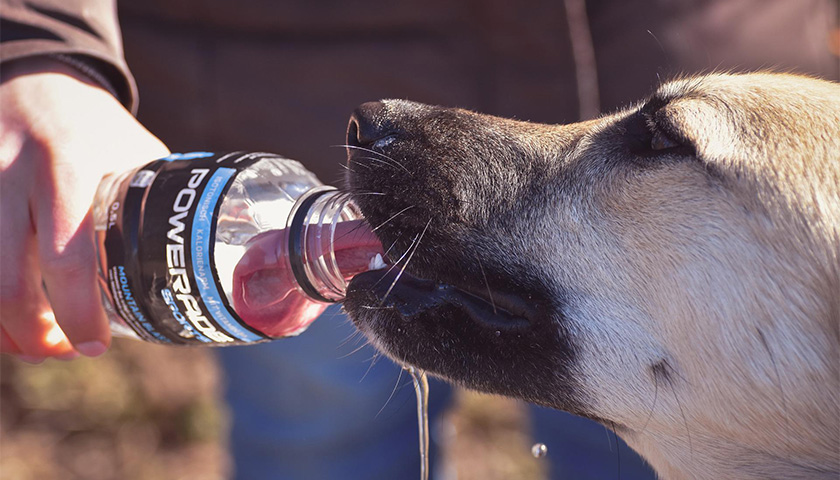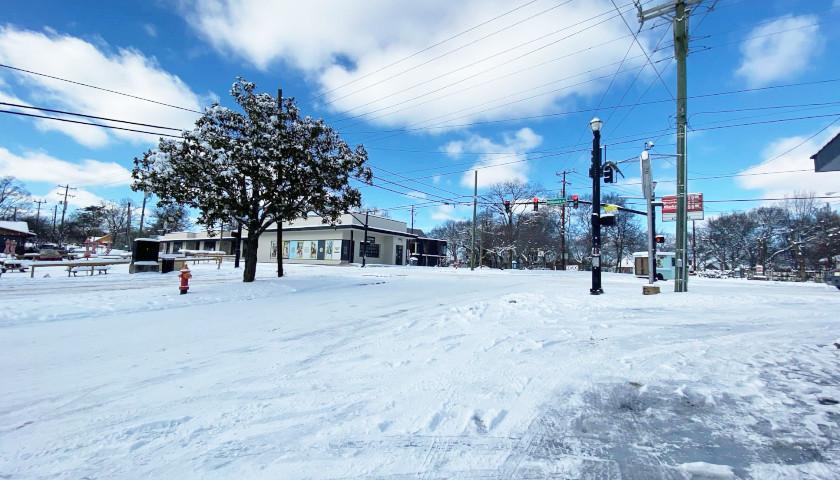The Nashville Office of Emergency Management is urging Tennesseans to take precautions during this week due to forecast extreme heat. According to the office, high temperatures are forecast to reach the upper 90s with heat indexes of more than 100 degrees for multiple days this upcoming week.
Extreme heat is a period of high heat and humidity with temperatures above 90 degrees for at least two to three days. In extreme heat, the body works extra hard to maintain a normal temperature, which can lead to death, according to the office. Extreme heat is responsible for the highest number of annual deaths among all weather-related hazards.
The Office of Emergency Management released following precautions that should be taken in order to prepare and handle the extreme heat:
For Children:
- Never leave your child alone in a car, not even for a minute or if the car is running.
- Keep your car locked when you are not in it, so kids don’t gain access.
- Create reminders by putting something in the back seat next to your child, such as a briefcase, purse, cellphone or your left shoe.
- If you see a child alone in a car, call 911.
For Older Adults:
- People aged 65 years or older do not adjust as well as young people to sudden changes in temperature, according to the Centers for Disease Control and Prevention (CDC).
- Older adults should stay in air-conditioned buildings as much as possible. If your home doesn’t have air conditioning, contact your local health department, or locate an air-conditioned shelter in your area like city community centers, libraries and other public buildings.
- Do not rely on a fan as your main cooling source when it’s extremely hot outside.
- Drink more water than usual and don’t wait until you’re thirsty to drink.
- If your doctor limits the amount of fluids you drink or has you on water pills, ask them how much you should drink during hot weather.
- Don’t use the stove or oven to cook – it will make you and your house hotter.
- Wear loose, lightweight, light-colored clothing.
- Take cool showers or baths to cool down.
- Do not engage in very strenuous activities and get plenty of rest.
- Check on a friend or neighbor and have someone do the same for you.
For Pets, according to the American Society for the Prevention of Cruelty to Animals (ASPCA):
- Pets can get dehydrated quickly, so give them plenty of fresh, clean water when it’s hot or humid outdoors.
- Make sure your pets have a shady place to get out of the sun, be careful not to over-exercise them, and keep them indoors when it’s extremely hot.
- Know the symptoms of overheating in pets, which include excessive panting or difficulty breathing, increased heart and respiratory rate, drooling, mild weakness, stupor or even collapse. Symptoms can also include seizures, bloody diarrhea and vomit along with an elevated body temperature of over 104 degrees.
- Animals with flat faces, like Pugs and Persian cats, are more susceptible to heat stroke since they cannot pant as effectively. These pets, along with the elderly, the overweight, and those with heart or lung diseases, should be kept cool in air-conditioned rooms as much as possible.
- Never leave your animals alone in a parked vehicle.
- When the temperature is very high, don’t let your dog linger on hot asphalt. Being so close to the ground, your pooch’s body can heat up quickly, and sensitive paw pads can burn. Keep walks during these times to a minimum.
– – –
Kaitlin Housler is a reporter at The Tennessee Star and The Star News Network.
Photo “Dog Drinking Water” by Alexas Fotos.








